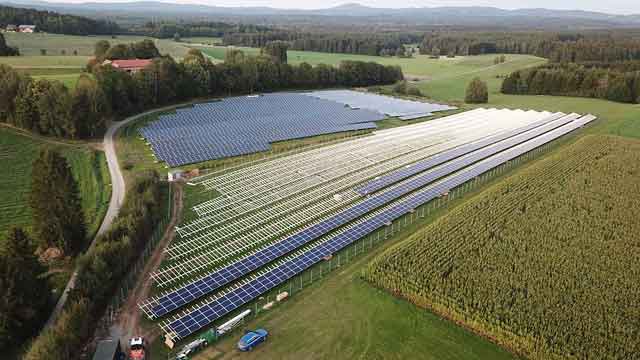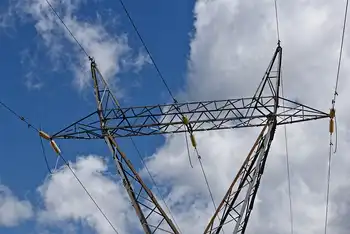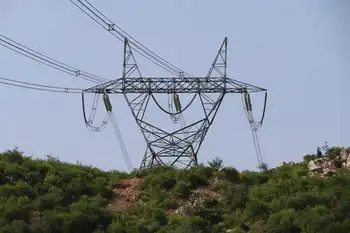Nova Scotia looks to small wind projects
The plan revolves around a community-based feed-in tariff system. This guarantees that small projects get paid a price based on their cost to produce energy, not a market price set by Nova Scotia Power.
Renewable energy companies are hailing the tariff as a world first.
"This guarantees that a machine will be able to get a price that will pay for itself," Dan Roscoe, chief operating officer of Scotian WindFields, told CBC News.
"That means every community in Nova Scotia will be able to participate in this program. If you have 20 houses and a grocery store you will be able to put up a wind turbine and take advantage of this program."
Jonathan Barry, president of Seaforth Energy, said his overseas partners are applauding the move.
"On a conference call this morning... I was told it's good to see Canada being Canadian again," he said.
The Nova Scotia Utility and Review Board will set two community tariff rates: one for projects under 50 kilowatts and another for projects over that. The board will hold hearings in the spring.
Fifty kilowatts is enough to power 20 homes.
Community-based projects are expected to produce about 100 megawatts of electricity.
Premier Darrell Dexter said these projects will help to create good jobs, stabilize electricity prices and improve the environment.
"This is breaking with the status quo. It's about allowing renewable energy to take its place in the market," he said.
Robin McAdam, an executive with Nova Scotia Power, said there is room on the grid for the new electricity, but not everywhere.
"There will always be frustration as someone wants to do a project where the system can't accommodate it," said McAdam. "But there is lots of capacity on the system for many distribution-connected projects."
The province has set a target of having 25 per cent renewable electricity by 2015.
Related News

U.S. Speeds Up Permitting for Geothermal Energy
In a significant policy shift, the U.S. Department of the Interior has introduced emergency permitting procedures aimed at expediting the development of geothermal energy projects. This initiative, announced on May 30, 2025, is part of a broader strategy to enhance domestic energy production and reduce reliance on foreign energy sources.
Background and Rationale
The decision to fast-track geothermal energy projects comes in the wake of President Donald Trump's declaration of a national energy emergency on January 20, 2025. This declaration cited high energy costs and an unreliable energy grid as threats to national security and…





